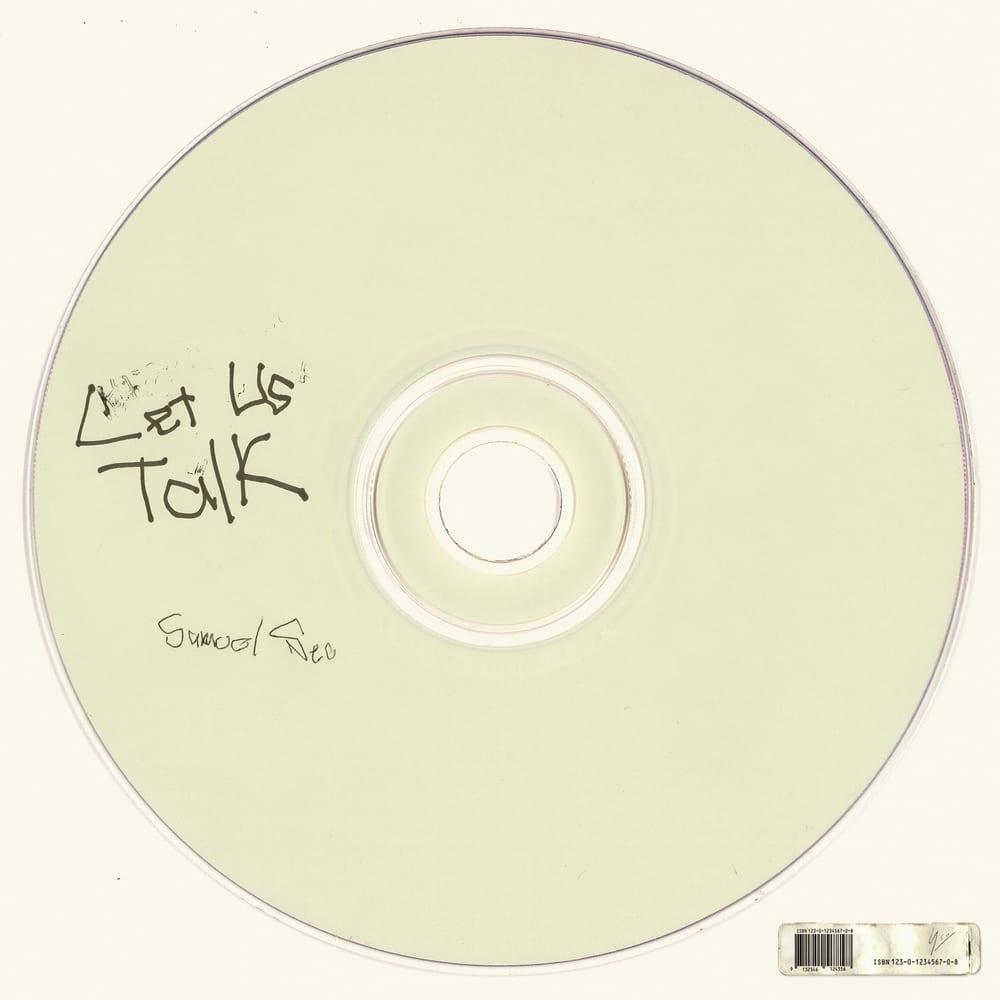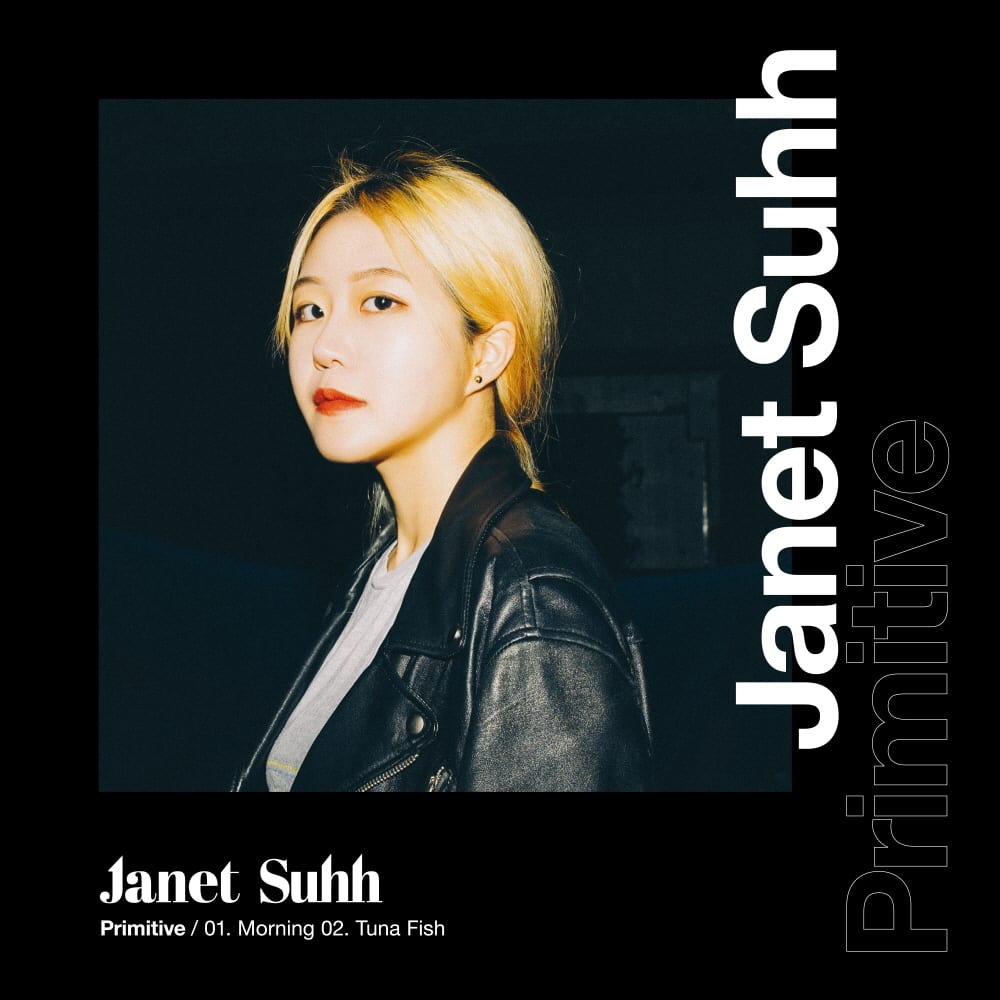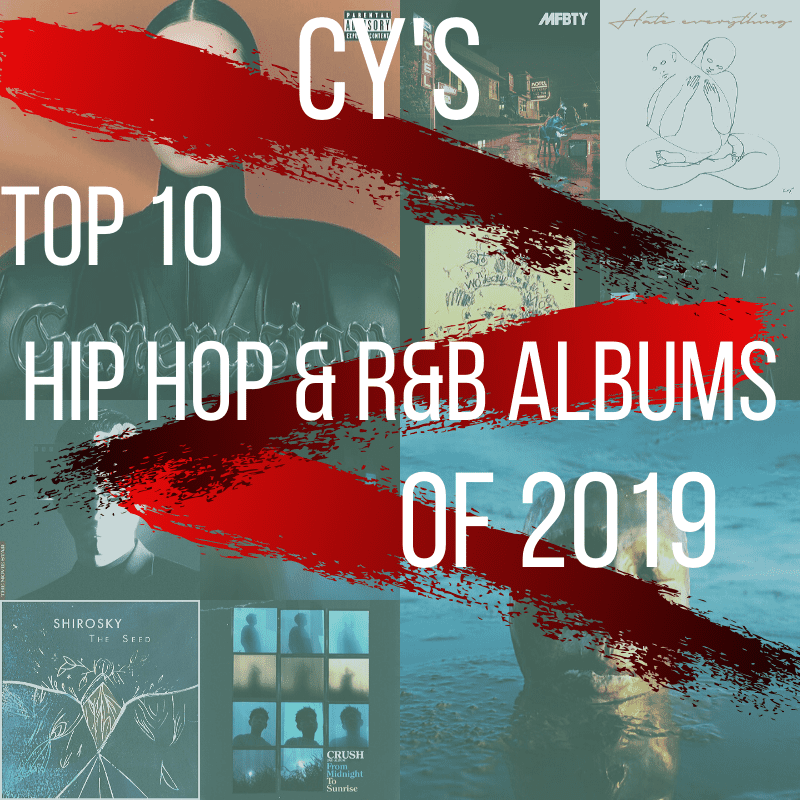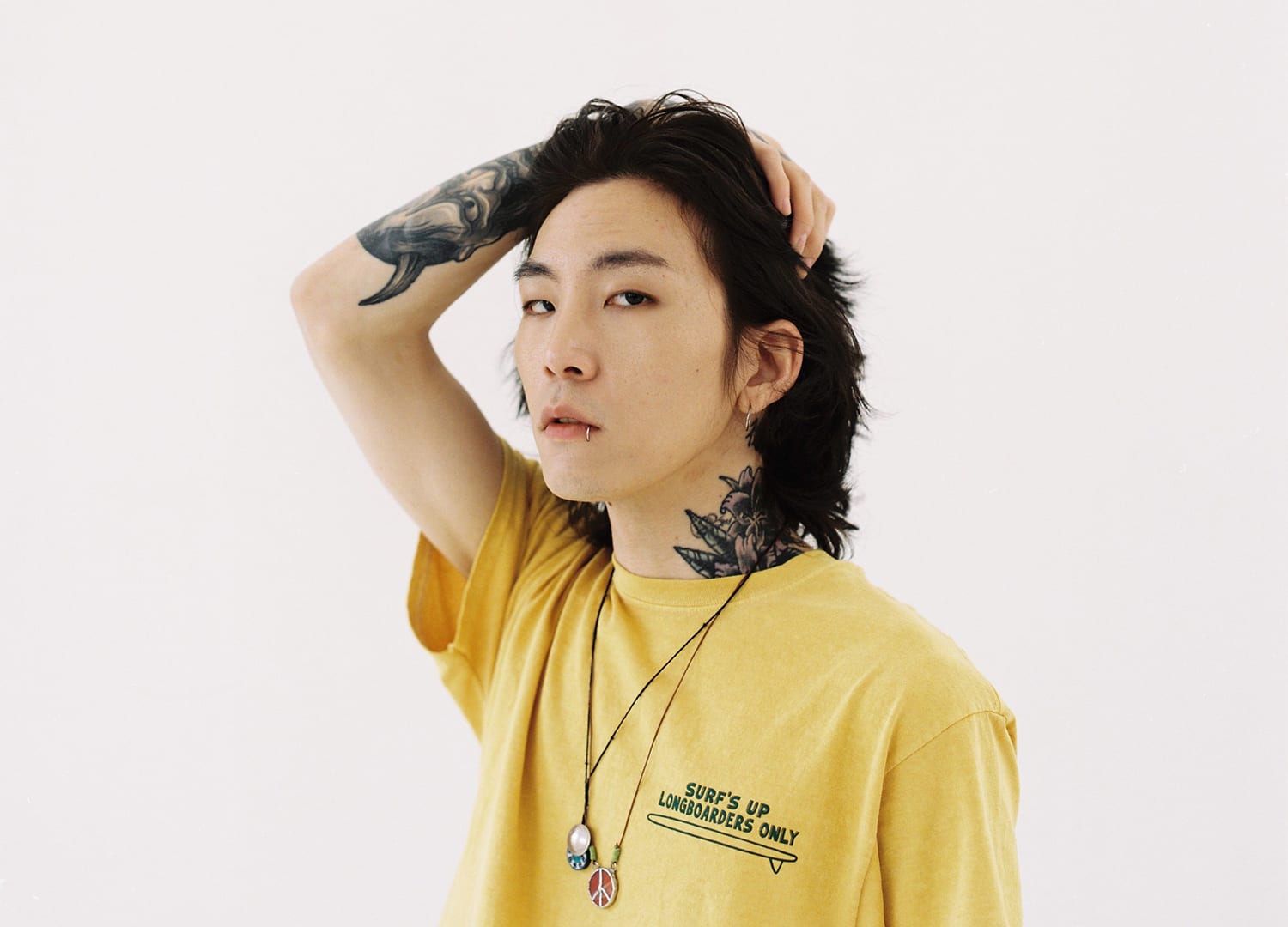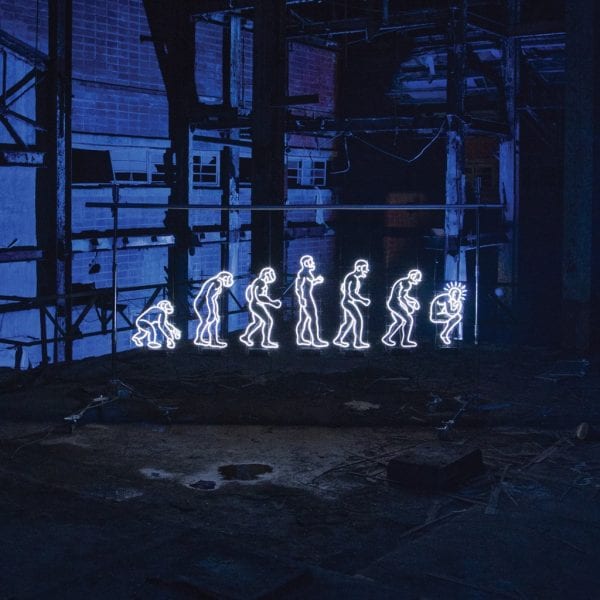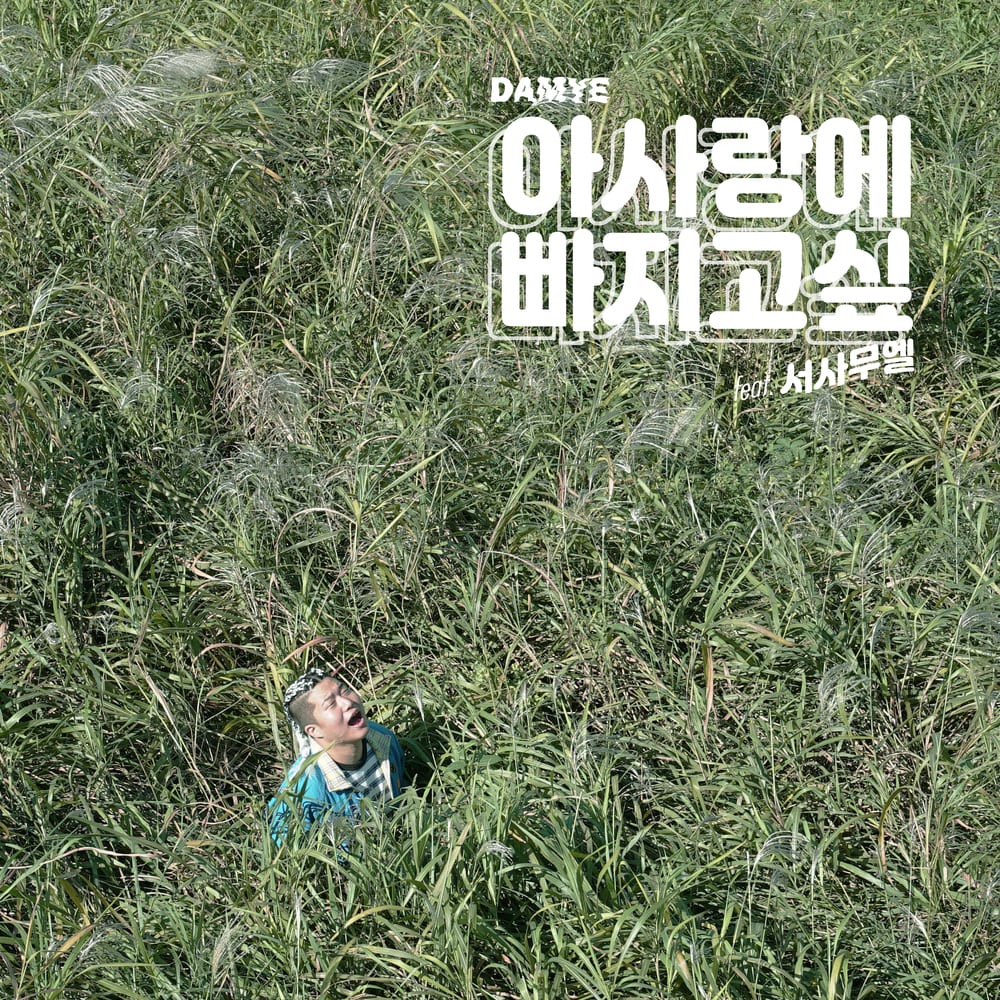For his first single of 2020, “Let Us Talk,” Samuel Seo worked with Portuguese producer and DJ Holly as well as with keyboard player Ahmin Heo.
Janet Suhh releases first double single, “PRIMITIVE”
Singer Janet Suhh has released her first single today. “PRIMITIVE” contains two songs, one produced by ASSBRASS and one by Samuel Seo.
Kim Oki releases “For My Angel” LP and “Story (Feat. Samuel Seo)” MV
Jazz musician Kim Oki has released his new full-length album “For My Angel” today, which features Samuel Seo and Sep of Hippy was Gipsy.
Cy’s Top 10 Hip-Hop & R&B Albums of 2019
Another year. Another crop of extraordinary hip-hop and R&B albums from South Korea. To keep things simple (and as a challenge to myself), I decided to consolidate these lists into one ultimate list of Top 10 albums from the country. So without any more preamble, I give you my list!
Samuel Seo’s “The Misfit” is a Work of Art
This man just doesn’t know how to make a bad album. It’s like he’s physically incapable of doing so. It makes sense. Samuel Seo doesn’t release work every three months. He takes his time to develop, learn, nurture his sound. It’s obvious in the way he’s crafted The Misfit.
Inspiration vs. Imitation
I will say this. Samuel Seo knows his music. He thrives in the nuance of ’90s R&B and it shows. The risk for artists who derive much of their influence from others is their own voice gets lost. What we get is music that, while good in and of itself, is little more than imitation. Good music that’s good because, well, we’ve heard it before. For a few moments Seo runs into that exact issue. D’angelo is heavy in his sound for The Misfit. In fact, the first two tracks on the album (“Breathe,” “Misfit’s Anthem”) are very similar in style, tone, and delivery to the opening notes of D’angelo’s Black Messiah (“Ain’t That Easy”) and Voodoo’s “Devil’s Pie,” respectively. Dangerously similar.
Tracks “Yeonhui-Dong” and “Olive Session” reach a little further back and take influence from D’s Brown Sugar. I applaud Samuel for his dedication to a genre that he obviously has a great deal of love and respect for. However, I’d caution any artist to be very careful when excavating the discography of legends.
Something Borrowed, Something New
All that in mind, I can’t begrudge the talented musician his affections for the genre. Warnings and even hesitancy aside, from third track “Notting Hill” on, Seo showcases just how versatile his voice is. Not so much the tone or technicality in his singing. Rather, he has a mind for melody. Harmonies that are tightly packed but still have an unimaginable amount of air in the notes.
Even in tracks that have noticeable familiarity, he carries his own groove. A natural bounce and sway to the music that manages to distinguish itself from its influences enough to identify as something uniquely Samuel Seo. “Notting Hill” in and of itself grabs from samba, bits of bossa nova, and undeniable nods to West Coast jazz. (He throws in a few seconds of psychedelic soul at the end for good measure.) An amalgamation of sounds that results in one of the album’s most mystical and technically intricate tracks.
We get songs like “Ice Cube” and “Coastal Wave” that showcase Seo’s relaxed interpretation of neo-soul. Again, while his influences are overt, he manages to inject every ounce of his personality and maintain the aural aesthetic of the jazz-infused R&B subgenre.
From the Soul
What’s most interesting about the way he delivers his music is just how close to its soul roots it is. This is what makes him one of the most consistently good artists to come out of South Korea. His delivery, execution, the way he interprets the music is so genuine. There are moments when he can’t really shake the spectre of his influences. However, even then an observant listener will recognize a man using his voice to pay homage, not imitate.
This results in some honest-to-goodness soul music, separate from nods to his influences. Track “Really That” is a legitimate addition to the genre’s very specific canon. While track “8 8 3” takes the genre and adds a layer. Nods to, of course, D’angelo, but even Tom Browne with the bassline and US3 with the jazz-heavy aesthetic. Not just a nod to R&B. An addition to the conversation. He takes the historical significance of Soul music and adds relevance. Not an imitation. A sound that’s nuanced and personal.
The World According to Samuel Seo
Beginning with the lamenting “Something & Nothing,” the latter half of the album explodes into something more openly emotion driven. This is Samuel Seo in relation to the world around him. While reminiscing about his own evolution as a man, he questions the environment that molded his past. “Something & Nothing,” “Really That,” and “Good Morning” see him reaching inside for inspiration. The overall aesthetic even takes a subtle change. “Good Morning” borrows some of the beat-heavy R&B of Anderson .Paak a la Malibu. Using a combination of West Coast old soul and storytelling that goes further to define Seo’s artistry.
We then come to track “Playaplayaplaya.” The song that most epitomizes the Samuel Seo sound. It’s the jazz-forward R&B/Soul that has defined his aesthetic since Frameworks. Bits of Raphael Saadiq. Heavy on the Soulquarians in musical composition. But there’s just something unique to Samuel Seo in the delivery. He’s never hurried. Never insistent upon himself as a vocalist. The focal point is the feeling. The groove. How the music gets into you and causes you to bob your head, sway to his smooth cadence. All the while integrating very poignant lyricism.
His desire to peel back some of the harsher realities of South Korea’s society is as effortless as the way he incorporates genuine soul into his brand of Soul music. “Ordinary Kids” is his commentary on the strict (many would say overbearing) educational expectations that define much of the country’s backbone. It’s also the most English we hear him use. There’s an almost biting desperation for every listener to sympathize with him. He makes liberal use of repetition. Not redundancy, but reiteration to force the listener to really pay attention. He ends the song a cappella on the same resounding sentiment: “Dreams are born in the streets, no school.”
Emotional Core
Undercutting the entire album is this emotional core. Something that resonates without the listener actually realizing it. It sneaks in through tracks with more of a focus on the overall groove. With the final tracks, specifically “Yi Yu” and “The Misfit,” there’s an urgency to the tone. Something that drastically deters from the overall mellow mood of the rest of the album. You can sense Seo reaching deep into himself to pull out his truth.
In “Yi Yu,” he proclaims, “We all have a reason to live” on an elongated note that resonates even as the song spirals back into lilting instrumentation. “The Misfit” shows him reflective. A man looking back on his journey to this point and acknowledging the need to float away from the expectations of society and even himself. His voice stretches a bit further. He soars on the higher parts of his tenor, voice breaking in an emotional crack at the highest note’s crest. For the first time he deliberately makes use of vibrato. He’s quite literally taken flight, giving his voice the wings to “sail away.”
Conclusion
There’s so much brilliance to glean from The Misfit. Indeed, Seo has certainly proclaimed himself as something of an outsider in a market saturated with R&B crooners. For what it’s worth, that’s not exactly a bad thing. His music sets itself apart because it’s so very meticulous. The Misfit is a work of art. Plain and simple. A relevant piece of R&B-Soul that gets more interesting with every listen.
Follow Samuel Seo:
[icon type=”apple”] [icon type=”facebook”] [icon type=”instagram”] [icon type=”instagram”] [icon type=”soundcloud”] [icon type=”spotify”] [icon type=”twitter”] [icon type=”youtube”]“I’m a Simple Guy”: An Interview with Samuel Seo
To be honest, when I started writing this interview, I wasn’t sure what direction I wanted to take it. How much should I really reveal here? Believe me, I went back and forth about this. Samuel Seo has everything I love in an artist: fearlessness, passion, and a big mouth. But how do I show that honestly without potentially getting him in some hot water? I found my answer in something he said to me during our conversation: “I’m just being honest, sis.”
Eluphant release fourth full-length album, “4,” and music video
In their fourth full-length album, duo Eluphant depict the “4” seasons with support from Punch, DOKO, Hanhae, ESBEE, TakeOne, Samuel Seo, and Yang Da Il.
Samuel Seo releases third full-length album, “The Misfit”
Samuel Seo has released his third full-length album, “The Misfit,” today, as well as the music video of the title track “Playaplayaplaya.”
DAMYE releases “Lonely Boy (Feat. Samuel Seo)” single and music video
DAMYE of INPLANET has released his new single, “Lonely Boy,” today, which features Samuel Seo. A music video for the track came out as well.
